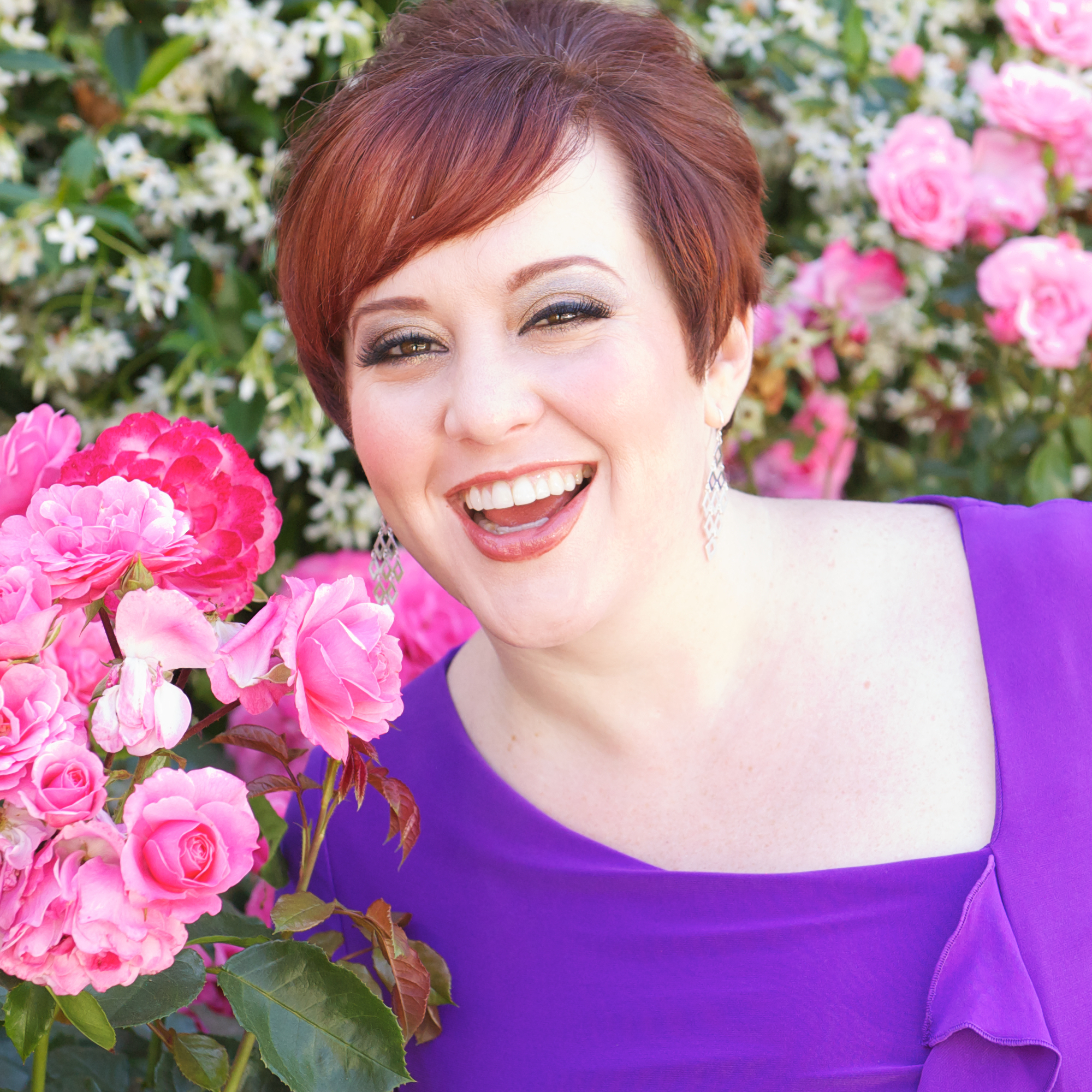
Lifestyle Medicine (part 1)
This is the first article in a 3-part series; it discusses what lifestyle medicine is. The second article talks about ways our modern Western lifestyle is detrimental to health. The third article looks at simple, low-cost ways we can adjust our lifestyles to promote health.
What is Lifestyle Medicine?
One of the things I teach in the CannyNurse™ Certificate Program that is really unique is the combination of Lifestyle Medicine and the Endocannabinoid System (ECS). Over my professional career, I’ve studied many different holistic modalities and varied frameworks for health and wellness, but Lifestyle Medicine is one I always come back to.
I came to Lifestyle Medicine after briefly studying Functional Medicine. I’m a big fan of the functional medicine approach — to me it seems based in the idea that our definitions of “health” are not necessarily what Western Medicine says they should be according to lab values. To clarify this further, when you go to the doctor and get blood drawn, they will tell you what your values should be based on a “normal range.” It might surprise you to learn that these normal ranges are NOT standardized. I learned quickly as an RN in the hospitals that different hospitals, laboratories, and clinics use different ranges and call them “normal.” I imagine these are generally close to each other — it would be quite strange if your doctor’s office and local hospital had wildly different numbers, but they’re also not always exactly the same.
 Personally, I was flabbergasted when I first heard this. After all, if the industry cannot agree on what “normal” is, how reliable are these standards? I went on to learn that these “normal” values very often come from samples taken from sick and hospitalized people. In Functional Medicine, I was taught that rather than going by these so-called “normal” values, a better measurement of health is how we function in our lives.
Personally, I was flabbergasted when I first heard this. After all, if the industry cannot agree on what “normal” is, how reliable are these standards? I went on to learn that these “normal” values very often come from samples taken from sick and hospitalized people. In Functional Medicine, I was taught that rather than going by these so-called “normal” values, a better measurement of health is how we function in our lives.
This approach resonated with me and many others because it puts stock in how we’re living our lives. It doesn’t say that you should be a certain specific weight based on a one-size-fits-all chart. Instead, it asks things like, “How is your digestion? How comfortable are you being active? Do you feel fit enough to do all the things you want to do? How much energy do you have throughout the day? How much energy do you have when you wake up in the morning? How clearly are you able to think? Do you require caffeine or stimulants to get you through the day?”
Even in the world of coaching, functional goals are seen as better than many other types. Instead of worrying about a laboratory value or one’s weight, coaches look at what do you really want to do or accomplish. Want to climb a mountain? Then build strength in your body to carry your supplies and increase your endurance so you can accomplish the task. It’s more important to build the skills than it is to fit into a certain weight bracket or cholesterol level.
 Where functional medicine wasn’t for me was that it relies on supplements and what they call functional foods. Functional foods are often powdered shake mixes with specific blends of nutrients that are meant to help the body in specific ways. I don’t have a problem with this approach, but it wasn’t where my heart is. My preference is for “real” foods that are nutrient dense and locally-sourced, so learning about which vitamins best support phase II liver detoxification didn’t really excite me. Some people love these sorts of things, and a lot of the so-called “biohackers” out there trying to achieve maximum optimisation of the human body are using functional medicine approaches. For me though, functional medicine is a service I’m happy to utilise, but don’t want to study.
Where functional medicine wasn’t for me was that it relies on supplements and what they call functional foods. Functional foods are often powdered shake mixes with specific blends of nutrients that are meant to help the body in specific ways. I don’t have a problem with this approach, but it wasn’t where my heart is. My preference is for “real” foods that are nutrient dense and locally-sourced, so learning about which vitamins best support phase II liver detoxification didn’t really excite me. Some people love these sorts of things, and a lot of the so-called “biohackers” out there trying to achieve maximum optimisation of the human body are using functional medicine approaches. For me though, functional medicine is a service I’m happy to utilise, but don’t want to study.
Lifestyle Medicine, on the other hand, appeals to my DIY (do-it-yourself) nature.
It looks at the way we live and proposes lifestyle adjustments to increase one’s health. There are no quick-fix diets or hard core exercise routines. Instead, it focuses on making our normal lives and our everyday habits more healthy so we feel better as a result of our daily actions.

Lifestyle medicine is based on the idea that our lifestyle can either promote health or damage it.
According to LifestyleMedicine.org, the 6 domains of lifestyle medicine are:
- Nutrition (diet)
- Sleep
- Exercise
- Substance Use
- Stress Management
- Social Connection
In the CannyNurse™ Certificate Program, we look at these a little differently, because we believe spirituality is an important domain to be included in the list. It seems to be a human need to connect with something greater than oneself, and this domain of spirituality includes where we fins meaning, purpose, and hope in our lives. I also tend to combine substance use with nutrition, since both are about what we’re consuming (and I believe moderation is the key to both, though there are some obvious exceptions to this).
Lifestyle medicine is an expansion of the old adage: Let food be thy medicine. Instead, we could say something like, “Let your lifestyle heal you.”
That’s a very simplistic idea, but it is NOT simple to do. Our modern Western culture does not really support health. In fact, the money our governments give to “Big Ag” (big agriculture — factory farms, etc.) actively work against our own best interests. This makes it very difficult for people who are already struggling to access healthy options. Food deserts and other social inequities contribute in a major way to these problems.
Stay tuned for the next article in this series to get an understanding of lifestyle factors that are working against your own health and wellness.
References:
American College of Lifestyle Medicine. (n.d.). LifestyleMedicine.org. Lifestylemedicine.Org. Retrieved January 18, 2022, from https://lifestylemedicine.org

Author, activist, international speaker, multi-preneur, mentor, wife, and mom, Ariana Ayu is a Transformational Mystic and a Catalyst for Conscious Change.
She is the creator and lead educator for the CannyNurse™ Certificate Program, a 50-hour CEU program for nurses from LPNs through doctoral degrees, and the first comprehensive cannabis nurse training program designed for working nurses. An ordained priestess, holistic healer, and lifelong student of ancient/ modern wisdom, Ariana’s nursing background includes pediatrics, labor & delivery, nurse education, and Holistic Health/ Integrative Nurse Coaching.
She earned her MSc in Advancing Nursing Practice from the University of Edinburgh in Scotland (UK), and her Cannabis Nursing Certification from Pacific College of Health and Science.
She is passionate about racial justice, social equity, environmental preservation and conservation, and empowered health, wellness, and joy for all. Her practice is governed by the ethical principles of integrity, nonjudgment, empowerment, and respect for her clients’ autonomy.